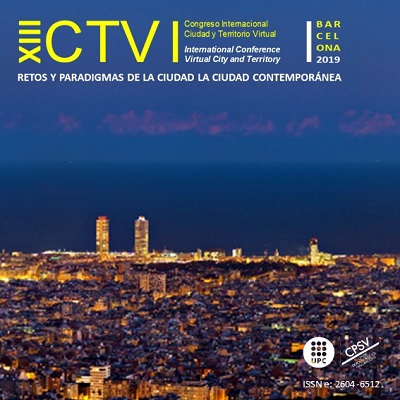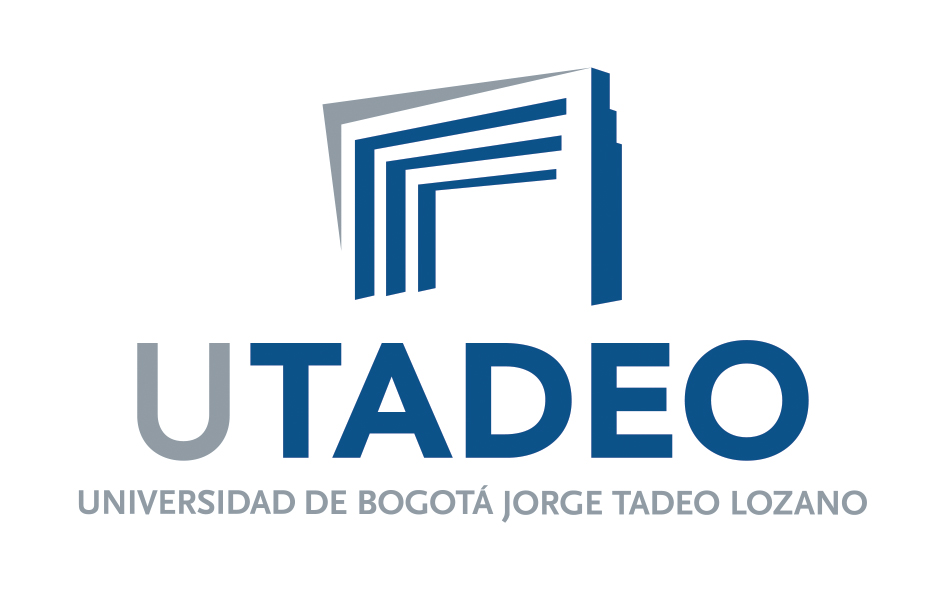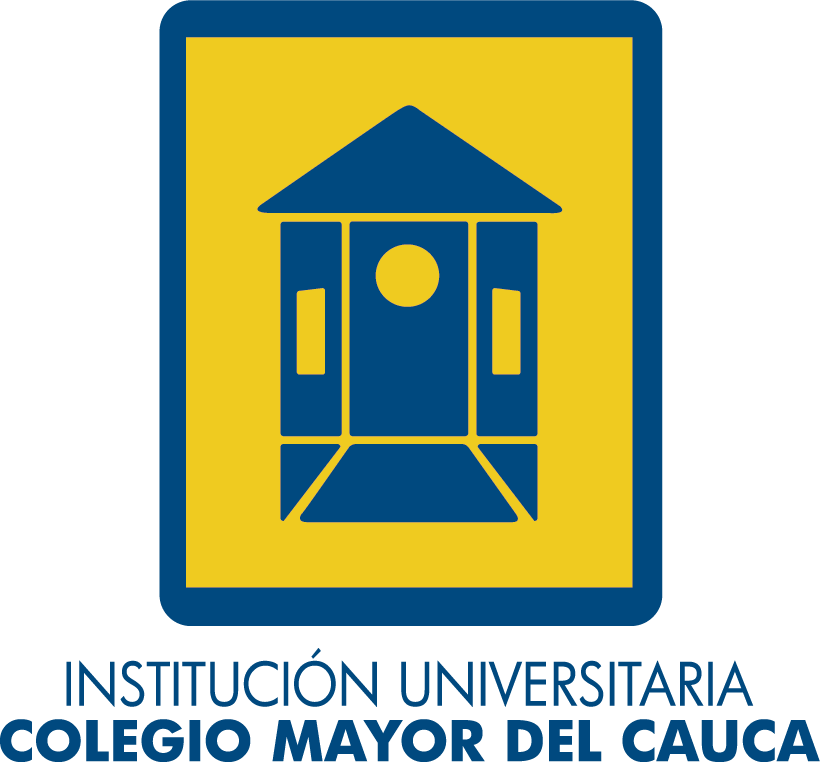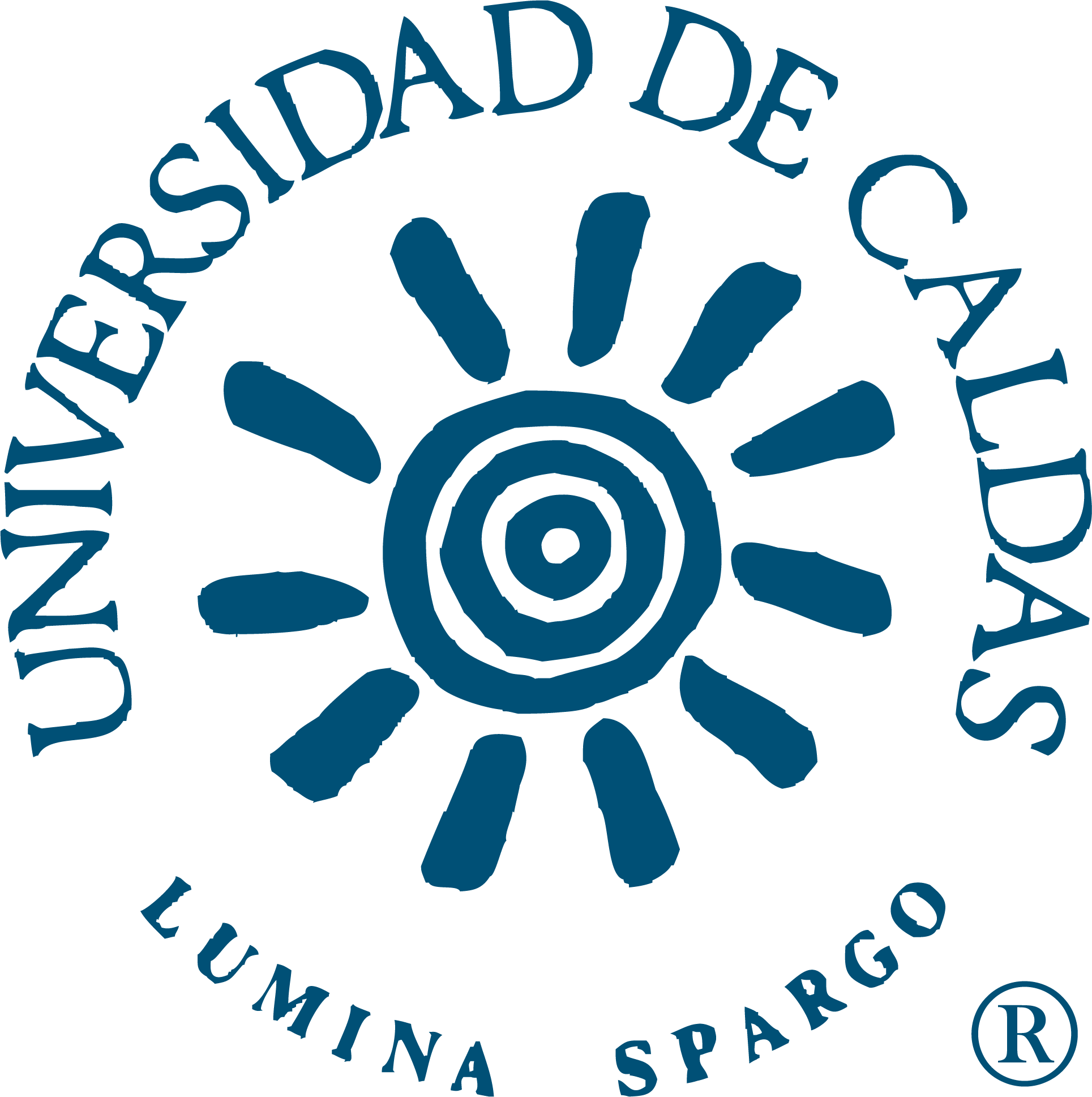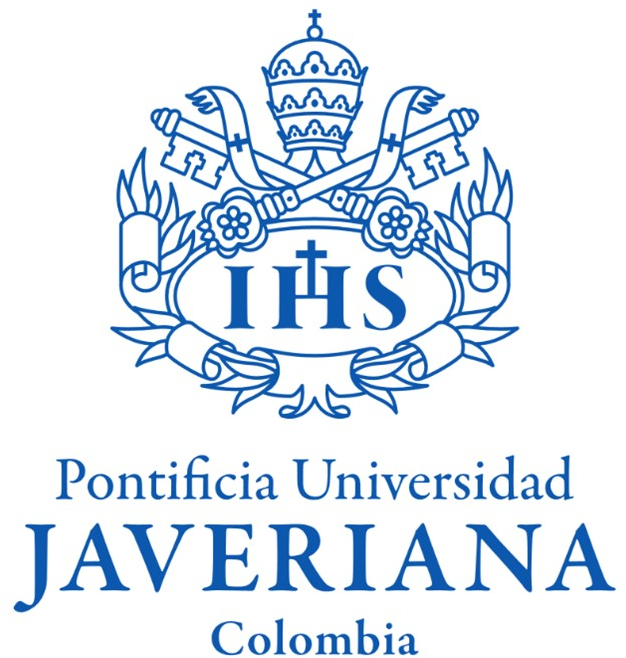Emprendimiento urbano frente a la política de vivienda social: un análisis del programa brasileño de vivienda "Minha Casa Minha Vida" en el estado de Río de Janeiro
DOI:
https://doi.org/10.5821/ctv.8463Palabras clave:
política de vivienda, derechos sociales, gestión del crecimiento urbano, Rio de JaneiroResumen
A pesar de la centralidad de la vivienda en las políticas urbanas, Brasil habría tenido solo una política de vivienda a partir de 1964. Sin embargo, el uso de recursos públicos para este asunto solo comenzó a ocurrir en 2009 a través del programa Minha Casa Minha Vida (MCMVP). Se centró en la construcción subsidiada de nuevas viviendas utilizando recursos públicos o mediante normas financieras menos costosas. En ese momento, la estrategia del gobierno federal implicaba una convergencia de las demandas sociales con la alternativa de enfrentar la crisis de 2008 mediante la adopción de medidas anticíclicas, con la construcción civil desempeñando un papel destacado en esta dinámica. Para comprender el tamaño de MCMVP, para octubre de 2018, ya se habían invertido alrededor de $ 115 mil millones de dólares en el programa, siendo Río de Janeiro el sexto estado que recibió la mayor cantidad de recursos. En el curso de su implementación, el discurso utilizado fue que la provisión de vivienda social estaría justificada como una alternativa viable que supuestamente dialogaría con las diversas dimensiones asociadas con el derecho a la vivienda. Sin embargo, a pesar de las promesas del gobierno federal, MCMVP contribuyó al crecimiento horizontal de las ciudades, por regla general, hacia las periferias de los centros urbanos y las áreas más pobres, una dinámica que se ha observado ampliamente en el país desde el comienzo del proceso de urbanización. Considerando este escenario, el presente trabajo tiene como objetivo analizar la implementación del programa, prestando especial atención al Estado de Río de Janeiro y su capital, en base a los datos solicitados al gobierno federal a fines de 2018. Dichos datos incluyen el número de unidades de vivienda contratadas, así como los montos involucrados, y considere tanto la variable de tiempo (por año), como la económica (por rango de ingresos atendidos por los proyectos) y territorial (para estados, ciudades, capitales estatales y área de planificación de la capital de Río de Janeiro). En el modelo analítico desarrollado, además de los montos totales invertidos en el país, solo se analizaron los datos que se refieren a los 10 estados más representativos (en número de unidades contratadas y recursos gastados). Con respecto a los municipios brasileños, solo se seleccionaron las capitales de los estados y aquellos con más de 100 mil habitantes, donde hay una mayor demanda de vivienda. Estos, a su vez, fueron categorizados considerando si pertenecían o no a un área metropolitana en particular. Finalmente, el análisis de la capital del estado de Río de Janeiro se realizó con base en las áreas de planificación definidas por el ejecutivo municipal. La observación del MCMVP a partir de este conjunto de datos tiene dos objetivos principales. Primero, para explicar los límites de la dimensión social de la política de vivienda pública en función de sus resultados verificados, especialmente en lo que respecta a la promoción del derecho a la ciudad. En segundo lugar, para ilustrar en qué medida el programa ha ayudado a intensificar el crecimiento horizontal de la capital hacia sus regiones periféricas y pobres. Con respecto al primero, el estudio indicó que, en el caso de Río de Janeiro, el MCMVP se usó principalmente en respuesta a los retiros realizados bajo el discurso de la preparación de la ciudad para megaeventos deportivos (por ejemplo, Juegos Olímpicos y Copa Mundial de la FIFA), limitando su incidencia bajo demanda preexistente de vivienda social. En el segundo, la ubicación de las viviendas sociales en el oeste y norte de la capital reitera las afirmaciones de que el programa habría estimulado el crecimiento de las periferias pobres de la capital. Sin embargo, fue posible observar algunos esfuerzos del ejecutivo municipal para limitar la incidencia de MCMVP, autorizando nuevos proyectos de vivienda solo en regiones con alguna infraestructura urbana. Los resultados reafirman la fuerza del emprendimiento frente a una narrativa del urbanismo social, es decir, una trampa de planificación urbana que aún no ha sido posible eliminar en Brasil.


